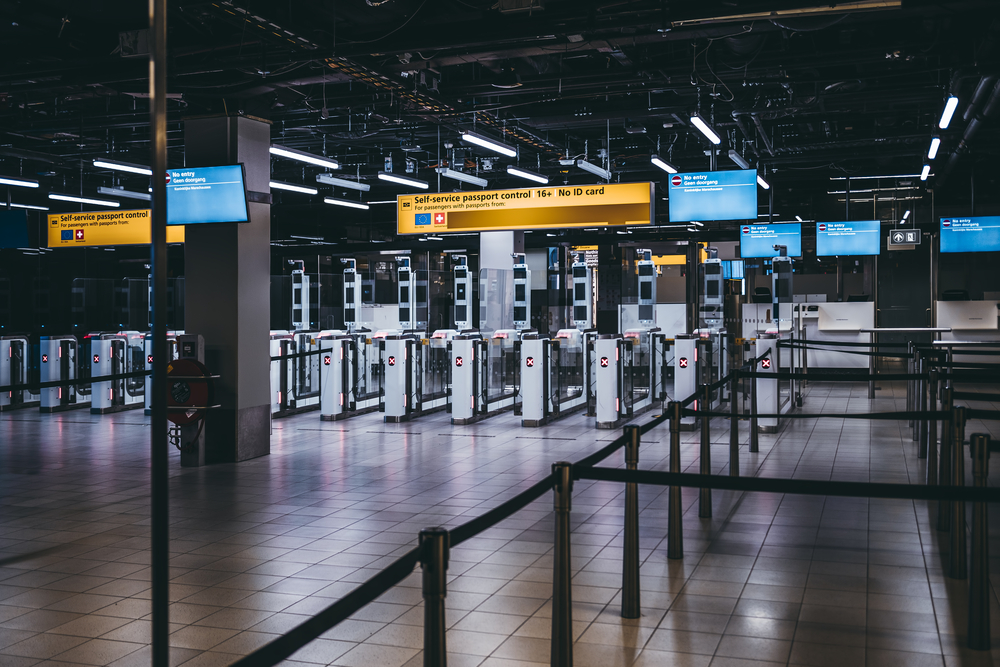Industry calls for stable government, warns on migration cuts
Robin Pascoe
A tougher approach to migration will have an impact on the Dutch economy if Geert Wilders and his possible coalition partners agree to reduce the number of people coming to the Netherlands, industry leaders say.
Much depends on the new cabinet’s plans but stability and clarity remain key, a spokesman for employers organisation VNO-NCW told Dutch News. “A cabinet that operates within the framework of the democratic rule of law is crucial, considering our trade position in the world and the EU. After all, more than a third of our economy depends on it.”
In addition, it is crucial that the Netherlands “develops a clear vision on labour migration, which is currently lacking ” the spokesman said. “All parties recognise this. Countries like Canada and Germany have such frameworks and our country needs it too.”
But the reality, he said, is that the Netherlands needs skilled workers from abroad, especially in the sectors facing shortages, such as technology and healthcare. “And for our knowledge-based economy, which will generate our future income, high-quality technical talent is essential for our tech companies and start and scale-ups.”
- What’s all the fuss about immigration in the Netherlands
- Alienating foreigners won’t do the new government any favours
- Wilders’ immigration platform faces massive legal hurdles
Chip machinery maker ASML, currently the embodiment of Dutch tech success, told the NRC that the sector needs a “trustworthy government and consistent long-term policy”. And making sure the Netherlands remains an “attractive” place to do business remains a “top priority”, the company said.
“Any restrictions on the number of workers or international students who are relevant to our sector would be undesirable,” ASML told the paper..
Restrictions on the numbers of people coming to live and work here, if legally possible, will also have an impact on the construction sector, farming and logistics, where thousands of low-paid workers from eastern and central Europe come to work via staffing agencies.
“No one else wants to do much of the work currently done by labour migrants, like picking bell peppers,” said a spokesman for the staffing agencies association NBBU. “Closing the door would be an extremely bad idea. We’d rather role out the red carpet, and make sure they learn Dutch so they stay as long as possible.”
Frank Gool, founder of Otton Work Force which donated €100,000 to the VVD’s election campaign, told the NRC that he hoped the new government would be able to tackle exploitation in the sector. The new cabinet, he said, must ensure properly organised labour migration because “without it, the Netherlands will be stuck.”
Climate change
The new cabinet’s climate policy will also be crucial for big polluters like Tata Steel and Shell’s refineries, and they are currently in talks with the economic affairs ministry on cutting back on carbon emissions. But that too could be impacted by a change in government policy.
Wilders said in the PVV manifesto that the current climate policy is “total rubbish”. He wants to scrap government grants for industry to become greener, withdraw climate change legislation, import more gas from abroad and stop building solar and wind farms.
Manufacturing group Uniper has already made agreements with the outgoing government on shifting to hydrogen based power. “We have a clear vision about our investment,” the company told the FD. “And that is hydrogen, not coal.”
Thank you for donating to DutchNews.nl.
We could not provide the Dutch News service, and keep it free of charge, without the generous support of our readers. Your donations allow us to report on issues you tell us matter, and provide you with a summary of the most important Dutch news each day.
Make a donation